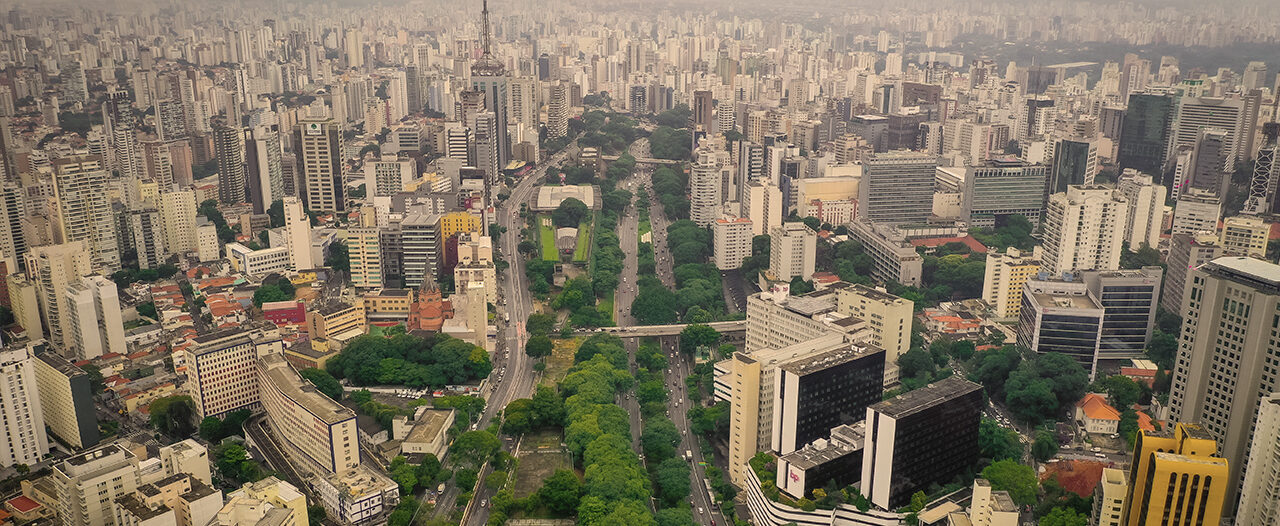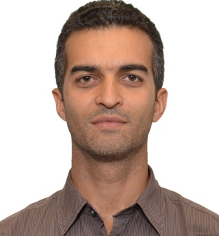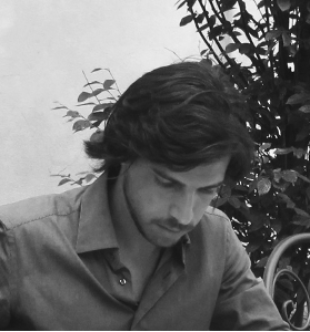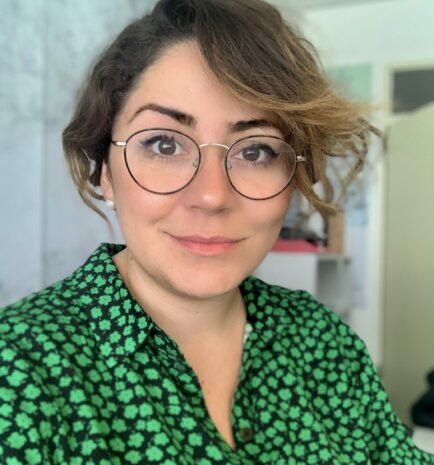
The Covid-19 pandemic brought to light the social inequalities and exposed frailties in the access to certain fundamental human rights, such as access to health and mobility. The type of housing, sanitation level, mobility, and urban structures play an essential role in people’s individual and collective health. The right to the city, the right to an efficient mobility structure, planned urbanization, and urban equipment improve a population’s quality of life and health.
How can architects and urban planners tackle the global challenges of developing necessary infrastructure and services, especially in more impoverished regions of the world? Which practices can be implemented to improve citizens’ lives? How can technology, innovation, and local communities contribute?
To answer these questions, swissnex Brazil invited Anna Karla Almeida, PhD candidate at EPFL, to moderate a discussion between Vitor Pessoa Colombo, PhD candidate at the EPFL, Ligia Vizeu Barrozo, Professor of Geography at the University of São Paulo, and Thiago Hérick de Sá, public health professional at the WHO.
The event will be held on the 4th of March, in Portuguese with simultaneous translation in English. Sign up here.
Speakers
-
![]()
Bio
Ligia Vizeu Barroso
Associate Professor at the Department of Geography at the University of São PauloLigia is a Geographer, Associate Professor at the Department of Geography at the University of São Paulo. At the Institute of Advanced Studies of the USP she coordinates the study group Urban Space and Health. The group’s main objective is to understand how the organization of urban space is associated with socio-spatial inequalities in health outcomes. Ligia is also a Visiting Researcher of the Brazilian Israeli Beneficent Society Albert Einstein Hospital. Linked to Einstein’s team of Big Data Analytics, she has developed the GeoSES socio-economic index for health and social studies in Brazil. The index has allowed the understanding of intra-urban differences in infant mortality, mortality from cardiovascular diseases and the spatiotemporal evolution of mortality by COVID-19.
-
![]()
Bio
Thiago Hérick de Sá
Urban Health Research Agenda and WHO’s Urban Health InitiativeThiago de Sá is a public health professional working on healthy urban environment and sustainable mobility related issues at the Department of Environment, Climate Change and Health, at the World Health Organization headquarters. His most recent work includes the adaptation for a global use of the Health and Economic Assessment tool for Walking and Cycling (HEAT) as well as support for the development of WHO’s Urban Health Research Agenda and WHO’s Urban Health Initiative. Dr. de Sá is also WHO’s responsible officer for the publication “Integrating Health in Urban and Territorial Planning: a sourcebook”, jointly published with UN Habitat. Prior, Dr de Sá has worked as a researcher on urban health and environmental epidemiology, with a track record of publications in several academic journals. Dr. de Sa holds a master and a PhD in Public Health from the University of Sao Paulo, Brazil.
-
![]()
Bio
Vitor Pessoa Colombo
ArchitectVitor is an architect and currently conducts a PhD at the École Polytechnique Fédérale de Lausanne (Switzerland) on the influence of urban morphology on diarrhoeal diseases in the context of large African cities marked by socio-spatial segregation. Vitor also works voluntarily with the NGO TETO as technical coordinator of the slum mapping team in São Paulo. In this collaboration, applications of geographic information systems are developed that are accessible to anyone with an internet connection, aimed at high resolution data collection in order to support decision making and community development projects in slums.
-
![]()
Bio
Anna Karla Almeida
Urban ArchitectAnna Karla Almeida is an urban architect (UEMA – Brazil), and holds a Master in Techniques, Heritage and Industrial Territories by Panthéon-Sorbonne (Paris 1 – France). She is currently conducting a PhD at the École Polytechnique Fédérale de Lausanne (Switzerland) at the Urbanism Laboratory (Lab-U) on living conditions in company towns. In 2020, he was a guest speaker at the seminar Urban Living and Covid-19: Impacts on Architecture and the future of cities, promoted by Swissnex Brazil. She is also a member of the transdisciplinary research group Habitat Research Center of EPFL. The research center aims to explore urban phenomena and produce visions, strategies and projects on this crucial topic. In this context, Habitat’s main lines of research are urban health, landscape, digitalization and productive habitats.






